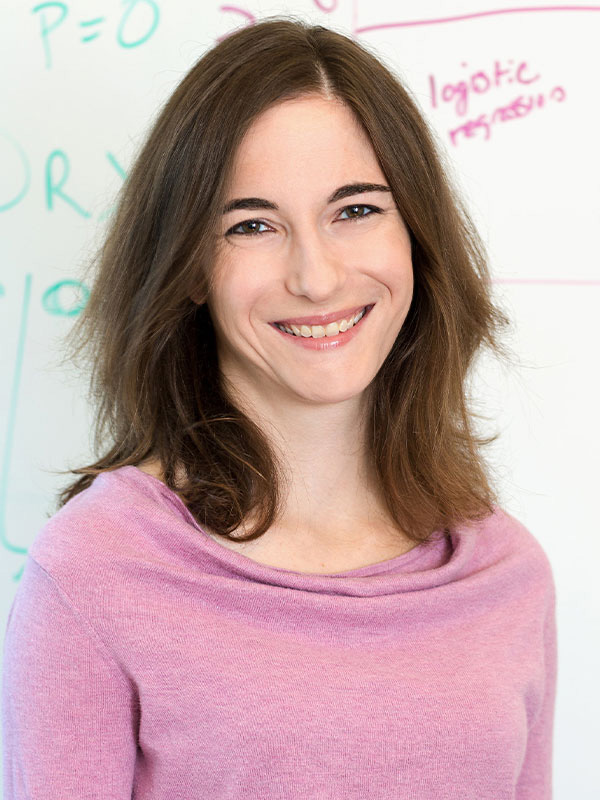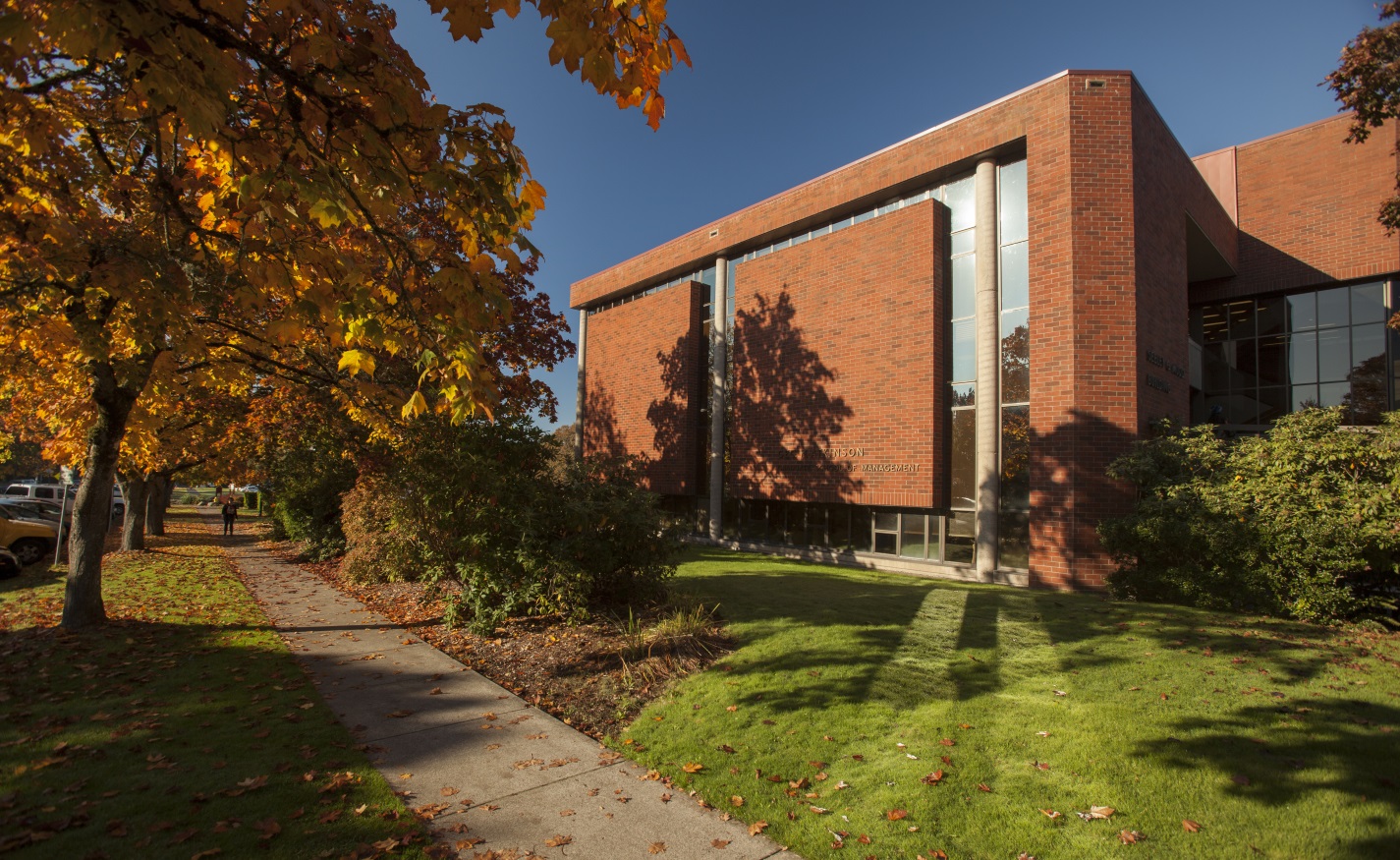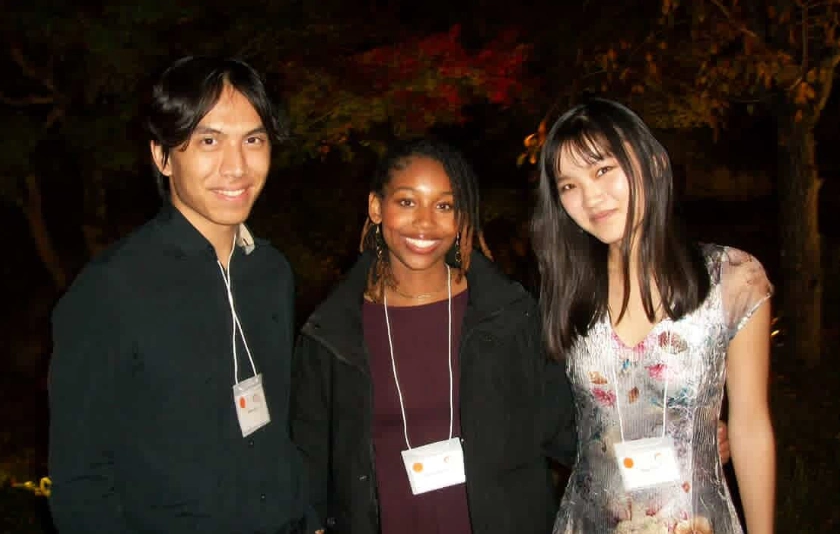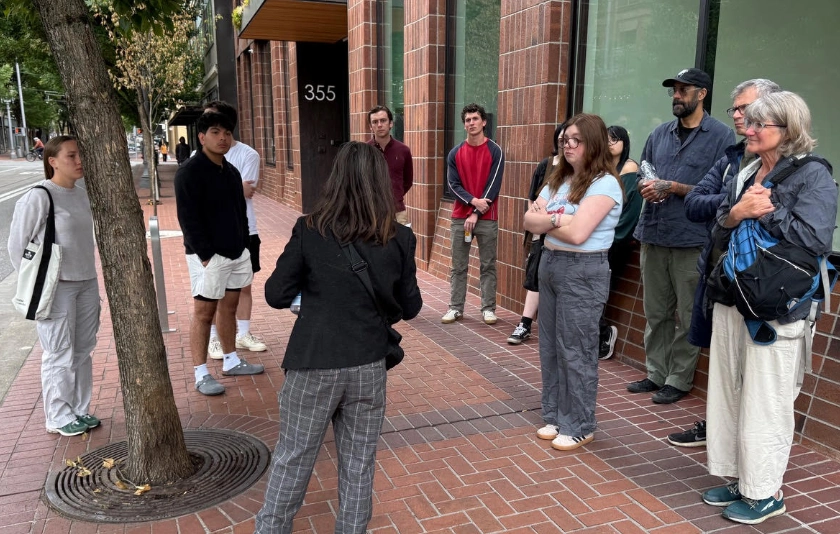 From choosing Willamette for her undergraduate studies to finding her passion in the psychology of human interaction, Gale Lucas BA’05 believes in following your heart. It’s certainly worked for her. Now a research assistant professor at USC’s Viterbi School of Engineering and the Institute for Creative Technologies, Lucas originally thought she’d study environmental science. But psychology reached out to her.
From choosing Willamette for her undergraduate studies to finding her passion in the psychology of human interaction, Gale Lucas BA’05 believes in following your heart. It’s certainly worked for her. Now a research assistant professor at USC’s Viterbi School of Engineering and the Institute for Creative Technologies, Lucas originally thought she’d study environmental science. But psychology reached out to her.
“I remember very clearly my second Psychology class at Willamette, Social Psychology. Prof. Jim Friedrich asked if I’d like to do research with him. That moment defined everything going forward,” said Lucas, who majored in Psychology and minored in Religious Studies. Her undergraduate research introduced her to Northwestern University, where in 2010, she completed a PhD in Psychology. All of this was a little different from her original plans.
Human interactions spoke to Lucas, so she did her postdoctoral research in “looking at the relationship and the bond of social engagement that we can have with technology, especially technology that looks like a human—a human-looking robot. What are the similarities and what are the differences between how we interact with a virtual human vs a human?” she asked.
It turns out that having a virtual human ask questions of you (instead of a human) can ease the comfort of the conversation. “We can build a connection with a virtual human,” said Lucas, without feeling threatened that the virtual human will judge us. “It’s anonymous; it’s safe. Even though people knew eventually some researcher would look at the video of their interaction, just knowing that no one was judging them, no one was going to look at them funny for admitting that they had PTSD or talking about their finances made people feel comfortable,” Lucas noted.
Lucas has opened up other lines of human-centered research as well. Among other studies, she examines smart buildings and technologies for workers, reflecting the early social psychology she fell in love with. “I am very happy to be able to continue trying to see how technology can support work.”
Crucial to this idea is investigating the effects of the workplace on workers’ stress levels. “We want to look at people throughout their day at their workstation, with wearables, with sensors, and a sensor for the whole building, like the CO2 levels and temperature. Using all of that data, we can create predictive models of stress so that we can tell people, Hey, you're getting stressed.”
Lucas is always ready to be surprised by both her path and her results, and she advises her students to do the same. “I could have never imagined my career, even though it totally made sense that I would be a professor.”
“Be open to where your heart leads you, and be surprised,” she advises students. And she encourages them to consider universities like Willamette. “Smaller schools make it easier to get more direct, hands-on research experience,” she said.
Lucas adores how her teaching lets her “touch individual people's lives and inspire them. On the research side, I get to help develop technologies that can help the masses.”
“And I just never, never, would have imagined that that would be possible, and I couldn't be happier,” Lucas added.



